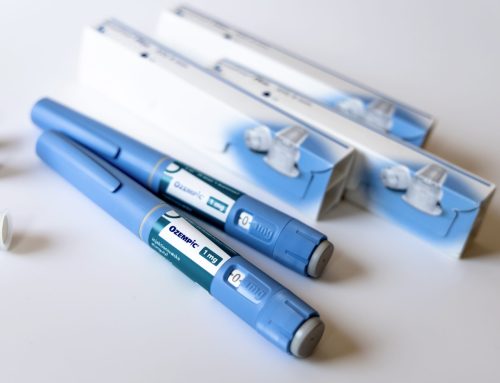
Dialectical behavior therapy (DBT) is a form of behavioral therapy used in treating many substance abuse and mental health disorders. It is similar to cognitive-behavioral therapy. However, it has a slightly different focus because it is geared toward addressing extreme emotional issues and relational problems. In fact, its first use was for borderline personality disorder. Firstly, DBT aims to produce a mental acceptance among clients in who they are and what their current struggle is. Having accomplished that, DBT works through various behavioral changes that support a healthier lifestyle and disposition.
Find out more about dialectical behavior therapy and its most common uses by calling [Direct].
Overview of DBT and What it Treats
DBT can be an incredibly helpful form of therapy for people looking to overcome substance abuse or mental health disorders. It relies on four aspects that align with acceptance and behavior change. They are mindfulness, distress tolerance, emotional regulation, and interpersonal effectiveness.
To explain further, emotional regulation is the ability to handle volatile emotions by using coping strategies. Therapists help their clients to lower emotional extremes, experience regular positive emotions, and better cope in the face of intense emotions. Interpersonal effectiveness, on the other hand, refers to improving communication skills in ways that benefit mental health.
A few examples of what DBT is best at treating include:
- Borderline personality disorder
- Eating disorders
- Self-harm
- Depression and suicidal ideation
Top Benefits of DBT
The benefits of DBT are numerous. Below are in-depth explanations of three of the top benefits of DBT.
Builds Interpersonal Skills
Mental health issues often get in the way of healthy relationships. Nonetheless, productive, mutually-beneficial relationships are key to all humans. People struggling with mental health issues need support networks to lean on. Consequently, DBT works to build key interpersonal skills that people can use to repair any damage done to the relationships they hold dear. In addition, DBT provides tools for patients to become better self-advocates who can set healthy boundaries and build trust.
Develops Life Skills
The foremost goal of DBT is to treat mental illness. However, skills learned through DBT sessions can also be implied to general living. For instance, mindfulness is a core principle of DBT. Research indicates that people who practice mindfulness on a regular basis experience improved health and wellbeing. One benefit of DBT is that individuals improve their mental health. Also, they will acquire skills that lead to a healthier life in general.
Helps Balance Emotions
Another core aspect of DBT is acceptance of circumstances. However, that doesn’t mean people should feel as if they have no control over their circumstances or must simply live with the hand they are dealt. It does mean DBT helps people understand their reality and regulate their emotions so that they can make changes that are within their control.
Mental health may be an ongoing struggle. However, a major benefit of DBT is that it gives people the tools to manage their mental health.
Other Examples of Addiction Counseling
DBT is just one type of addiction counseling. Other examples include cognitive-behavioral therapy, family therapy, group therapy, motivational interviewing, and contingency management. In fact, each type of addiction counseling offers a unique approach and perspective on dealing with mental health and addiction.
The setting in which these addiction counseling methods are delivered is variable. The general categories for treatment structure are inpatient and outpatient. Each treatment provider may offer slightly different forms and lengths of inpatient and outpatient treatment. Overall, the goals of addiction counseling and addiction treatment generally are threefold:
- Modify unhealthy attitudes and behaviors related to drug use
- Promote coping strategies and a sober lifestyle
- Avoid relapse
Georgia Addiction Treatment Center has long specialized in providing exceptional addiction counseling through various addiction treatment programs. Contact [Direct] to learn more about specific programs that could help you or a loved one overcome an addiction.




